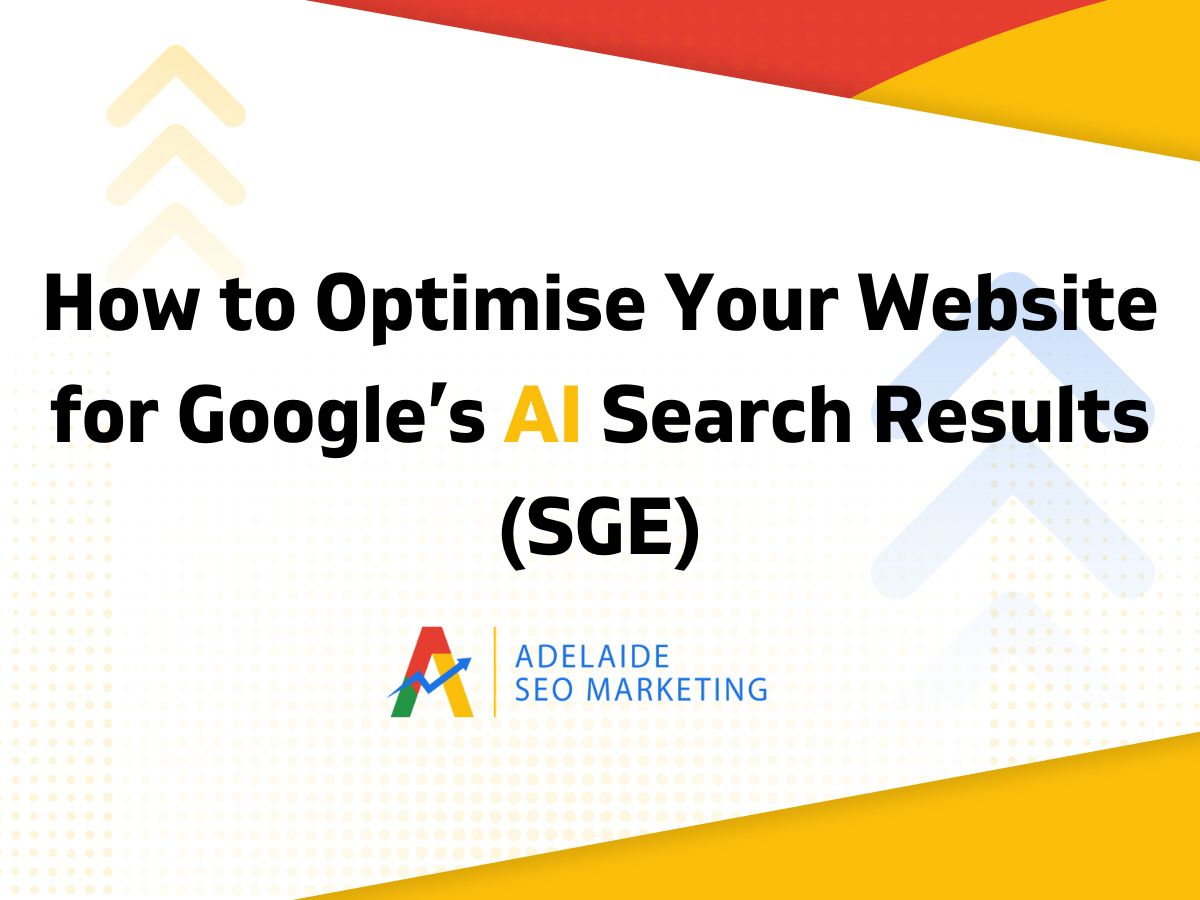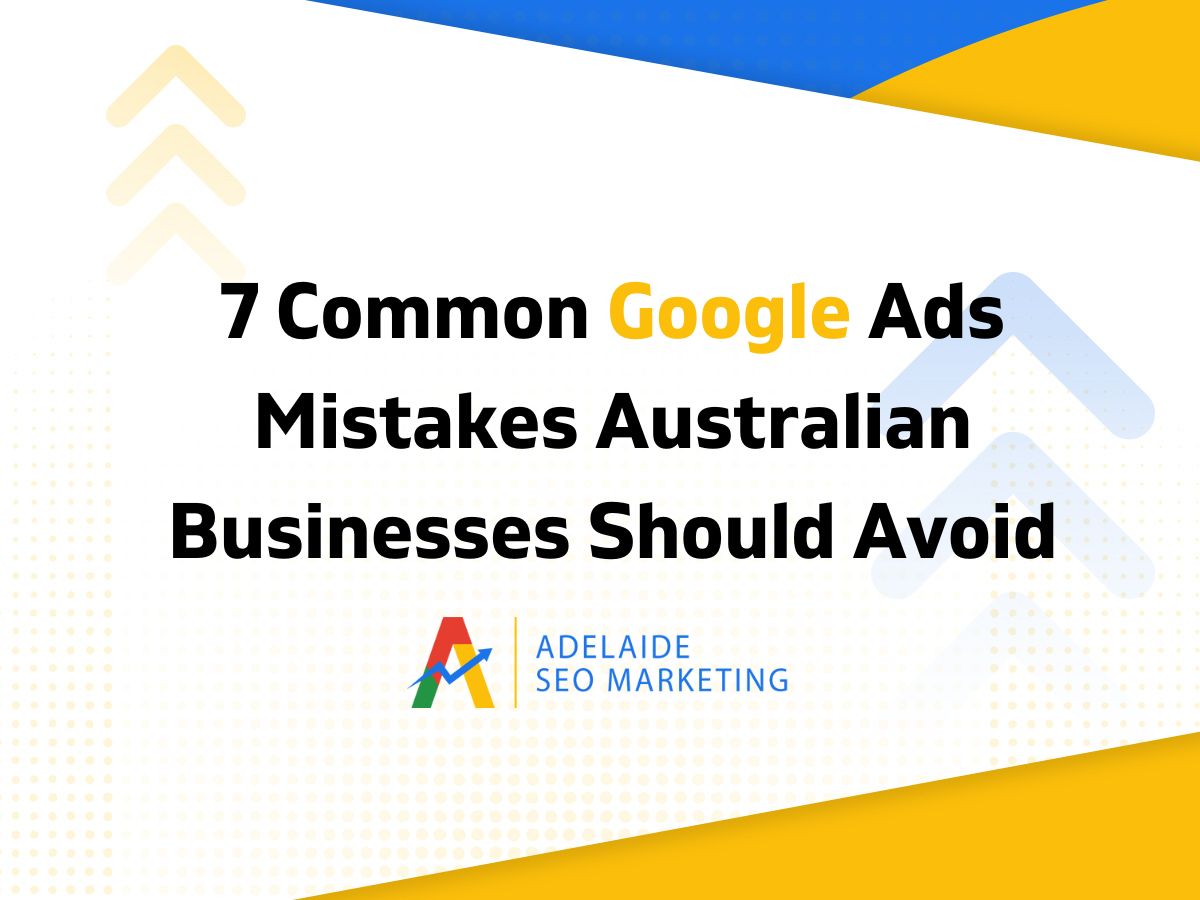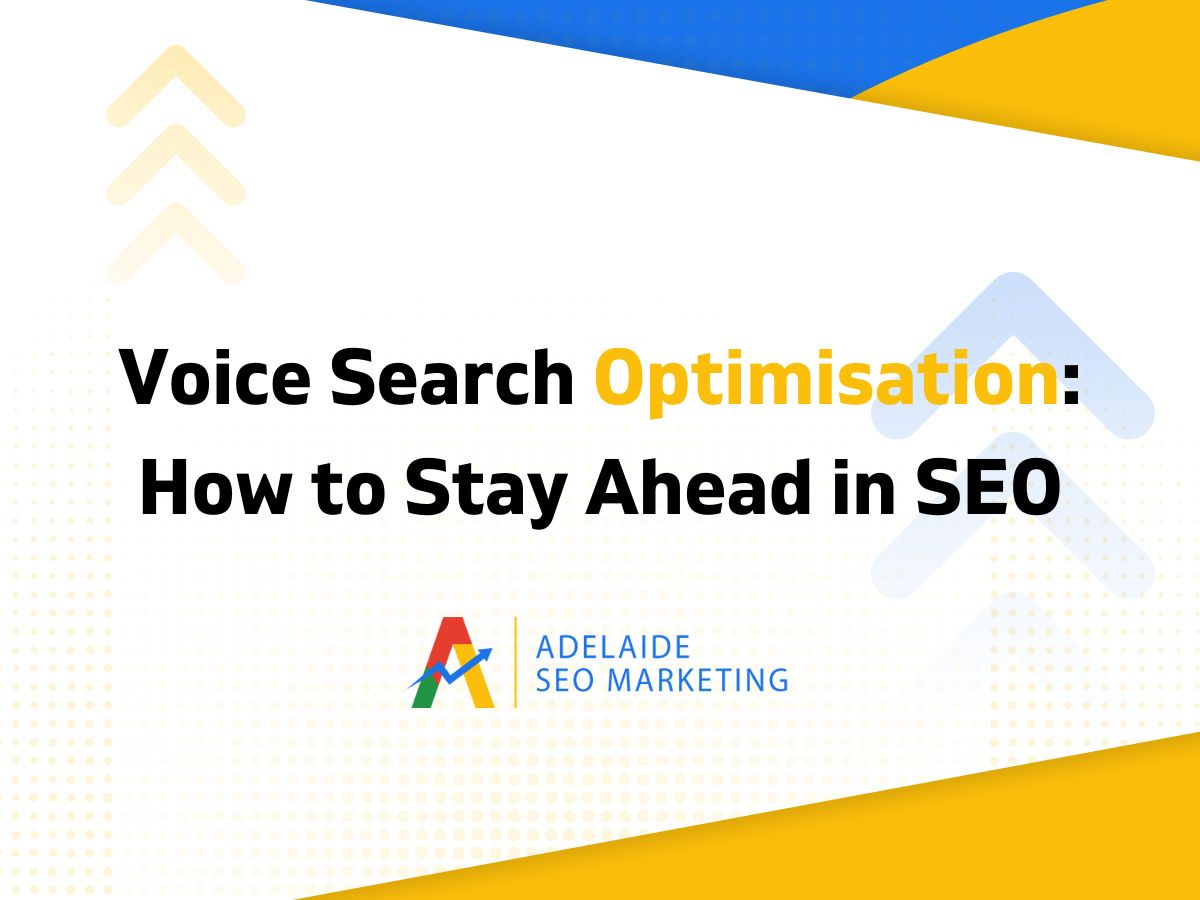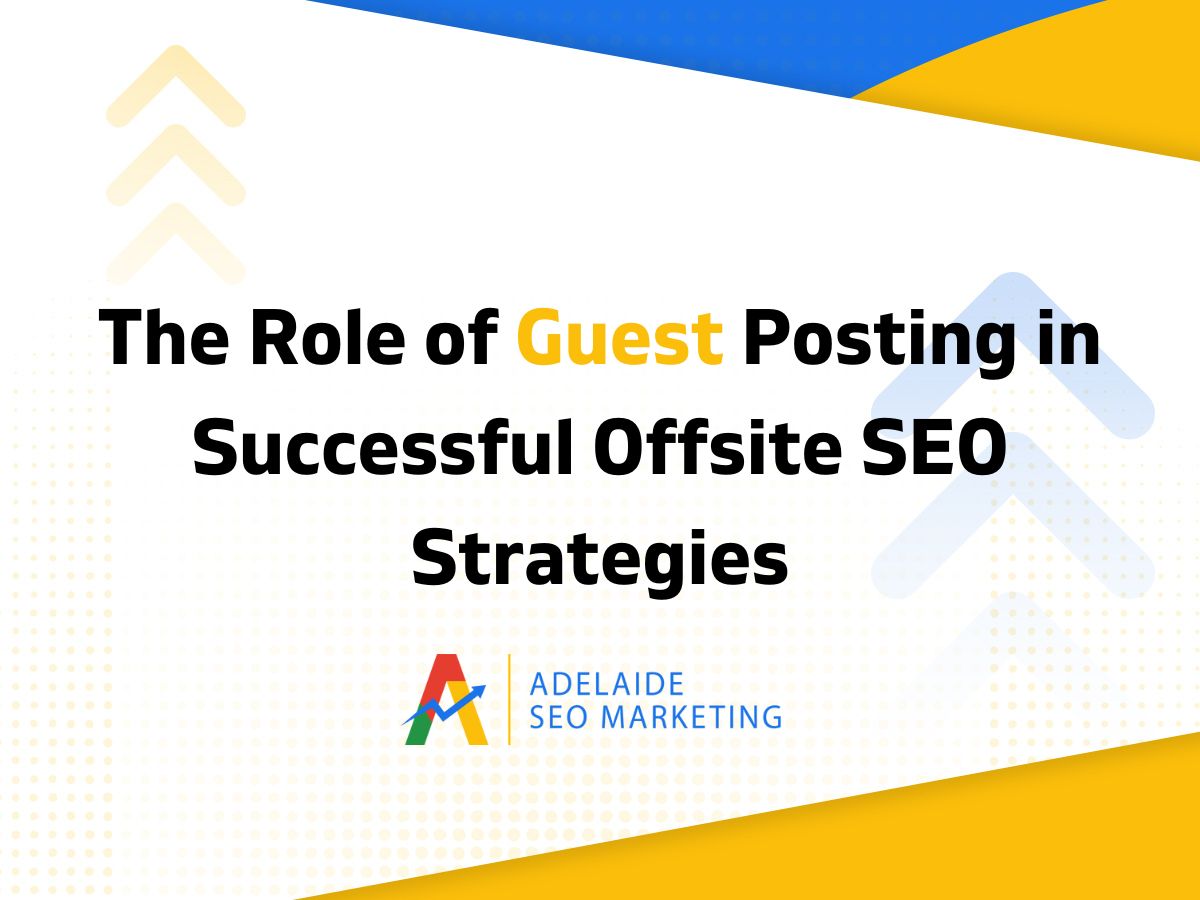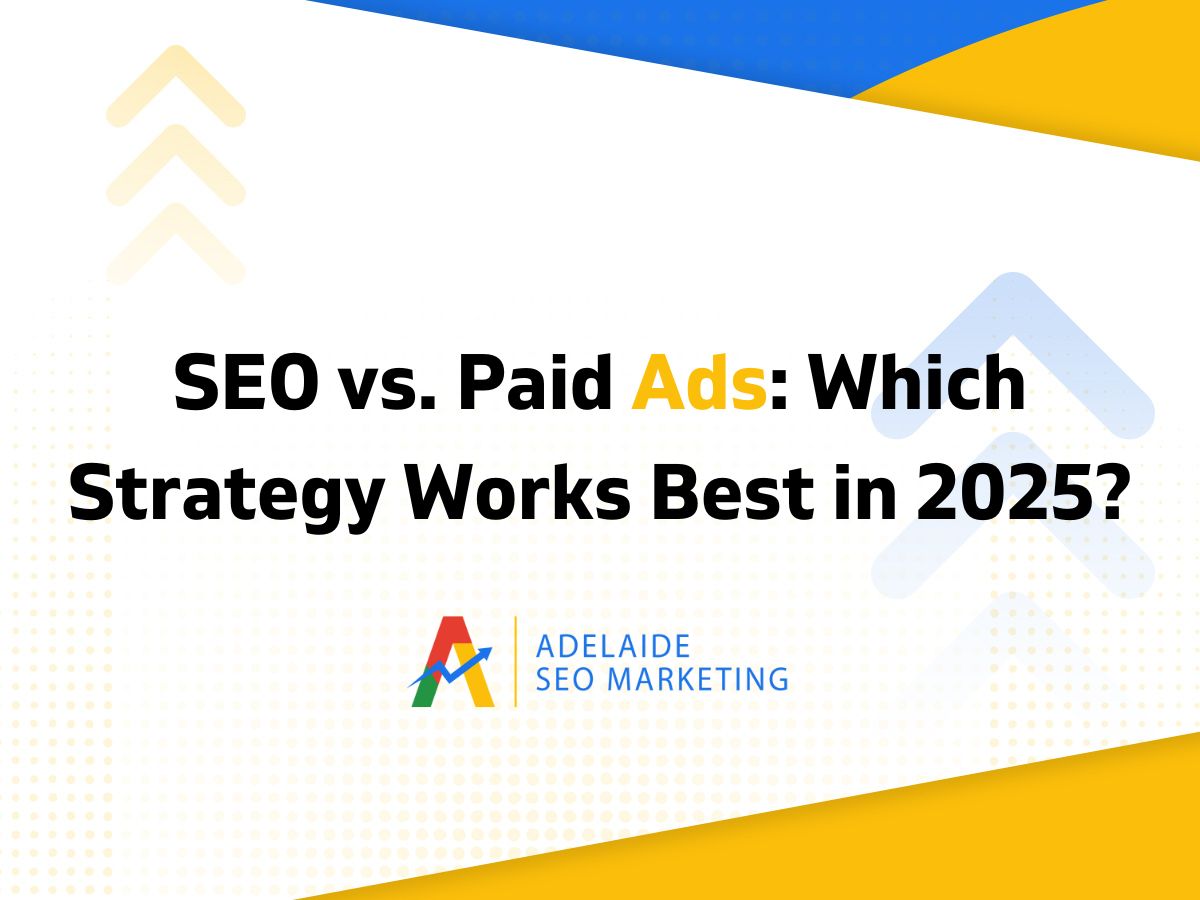Before its implementation, research predicted a 30% decline in organic traffic due to SGE, with some businesses (particularly healthcare) bearing the brunt of the damage. Other estimates suggested that SGE results could appear in up to 86% of all user queries.
Previously, we explored how Zero-Click searches are changing Local SEO, discussed Voice Search optimisation, and reviewed the major Google SEO Updates in 2024. Today, we’re diving into another game-changer: Google’s AI Search Results (SGE).
What does it mean for marketers? Is website SEO unnecessary? But how do you entice potential customers onto your platform? Specifically by optimising the material for SGE.
Now, what is Google’s AI Search Results (SGE), and how can you rank in Google AI SGE? Let’s find out!
What is Google Search Generative Experience?
The Search Generative Experience is a generative AI experiment developed by Google’s Search Labs to anticipate and address a searcher’s demands on the homepage of search engine results pages (SERPs).
When a user searches Google, SGE presents an AI-generated snapshot of crucial information ahead of other organic results. When you click on the top response, Google generates further responses underneath, such as related webpages, product links and descriptions, and more.
SGE SEO Best Practices 2025 to Become More Visible in Google
So, how to optimise for Google SGE?
While Google ultimately decides which search results show at the top, you need to work to improve your chances, too.
At the end of the day, you count on great content and SEO.
Use our SGE optimisation services and ranking tips to improve your web pages’ SEO and visibility to your target audience:
- Optimise for Visual Content
- It’s Not Just “About” Google Search Anymore
- Use Structured Data and Schema Markup
- Focus on E-E-A-T Principles
- Optimise for “Above the Fold” Assets
- Create Content That “Chats”
- Prepare To Adapt and Experiment
- Add More FAQs
- Title tag optimisation still gets quick wins
- Technical SEO is a factor in Google SGE
- Tracking presence in Google AI Overviews
- Double down on your SEO content strategy
- Invest in content quality, not quantity
When you begin developing or optimising material for SGE, keep in mind that Google prefers to use four content kinds for its AI Overviews.
Here is what Adelaide seo services need to ensure you:
- Clear definitions
The initial (and most prominent) section of AI Overviews for “what is” search queries is always a succinct definition, and the site that contains the most of this definition is provided as the first cited source below.
- Lists
AI Overviews frequently include one or two lists following the definition. These are typically copied from pages with similar listings in the content.
- Images
AI Overviews frequently include an image. Stock photographs do not appear to be used very frequently, but unique graphics are. The landscape format and standard SEO-friendly file types perform well.
- Videos
Some cited sources offer links to YouTube videos. This may increase over time. Take another look at your YouTube video optimisation, particularly the titles and descriptions.
The Potential Downside of AI-Generated Results: What Marketers Need to Know
As AI-generated search results become more frequent, users benefit from improved convenience. However, concerns about the impact on content creators and businesses are rising in the digital marketing industry—especially among Adelaide SEO agencies.
Here is a summary of the major downsides to consider:
-
Google’s Desire to Keep Users Within Its Ecosystem
Google aims to provide quick answers without users needing to leave the search page. While this enhances convenience, it raises questions about its real intent in supporting external websites.
- Monetisation Strategy: Google thrives by keeping people on their platform, which they can monetise through advertisements. This indicates that Google may be less interested in delivering traffic to your website, although it appears to be its core role.
- Business Interests: As a big corporation, Google’s principal purpose is to maximise profits for its stockholders, which may occasionally collide with the interests of businesses that rely on organic search traffic.
-
AI-Generated Content Pulling from Other Websites
AI tools like Search Generative Experience (SGE) use existing website content to answer user queries. This raises concerns about copyright and fair use, especially for content creators.
- Content Siphoning: Google is increasingly incorporating content from other websites to generate its search results, prompting issues of ownership and fair use. Google uses websites’ databases, which are produced and maintained at a high cost, without compensation.
- Class Action Lawsuit: A lawsuit led by the Helena World-Herald argues that Google is unfairly taking too much information from other websites. This is particularly relevant as AI content summaries are becoming more prevalent in search results.
-
Reduced Incentive for Users to Visit Your Website
As Google presents more direct answers, fewer users click through to websites. This shift could severely impact businesses depending on organic search traffic for growth.
- Traffic Loss: What’s the point of clicking through to your website if Google provides the solution right on the results page? For content authors, this implies less organic traffic and fewer conversion opportunities.
- Risk to Visibility: If Google continues to extract and show information, people may no longer need to visit the original source, lowering your website’s exposure and engagement levels.
-
The Rise of Content Blockers
To regain control, some websites are now blocking AI bots from scraping their content. This proactive step helps businesses manage how their content is used and shared.
- Protecting Your Content: Many marketers are taking a proactive approach by adding coding to their websites to prevent Google’s AI bots from gathering their information. This prevents Google from showing your material in its search previews.
- Control Over Data: Businesses may regain control of their content by preventing bots, guaranteeing they have the right to decide how and where it is spread.
-
A Double-Edged Sword: Potential Benefits of AI
Despite the drawbacks, AI in search results isn’t all negative. With the right strategy, content creators can still gain from this new shift in visibility.
- Increased Exposure: On the other hand, if an SEO agency in Adelaide provides high-quality, intriguing material, AI previews can be an effective approach to increasing clicks. Users may see a snippet of your response in the search results and be invited to click through for additional information.
- Content Discovery: For some, AI summaries can help readers identify relevant material more quickly, perhaps expanding your audience if they want to explore more.
Conclusion
In conclusion, adapting to Google’s AI Search Results (SGE) is crucial for businesses aiming to maintain visibility in an evolving digital landscape. With the rise of AI-generated content, optimising your website for AI overviews, visual content, and structured data is essential. While this shift presents challenges, such as reduced organic traffic and control over content, it also opens doors for improved exposure and content discovery.
For businesses in Australia, partnering with an experienced SEO consultant in Adelaide can help navigate these changes and ensure your content remains relevant and discoverable in the age of AI-driven search results.
SEO That Converts: More Clicks, More Customers.
Your journey to online success begins here, with Adelaide SEO Marketing. We’re not just a service; we’re your partners in growth.


